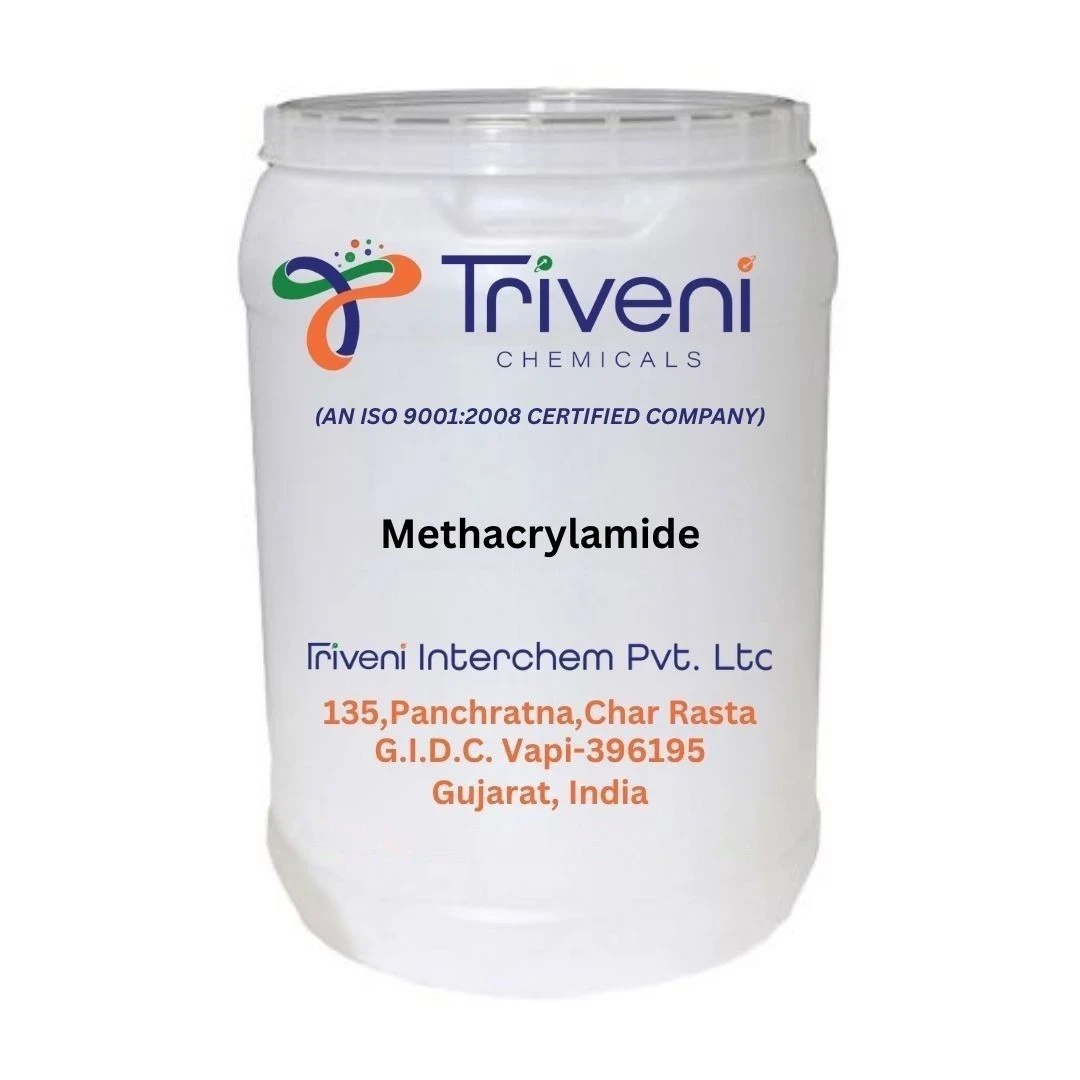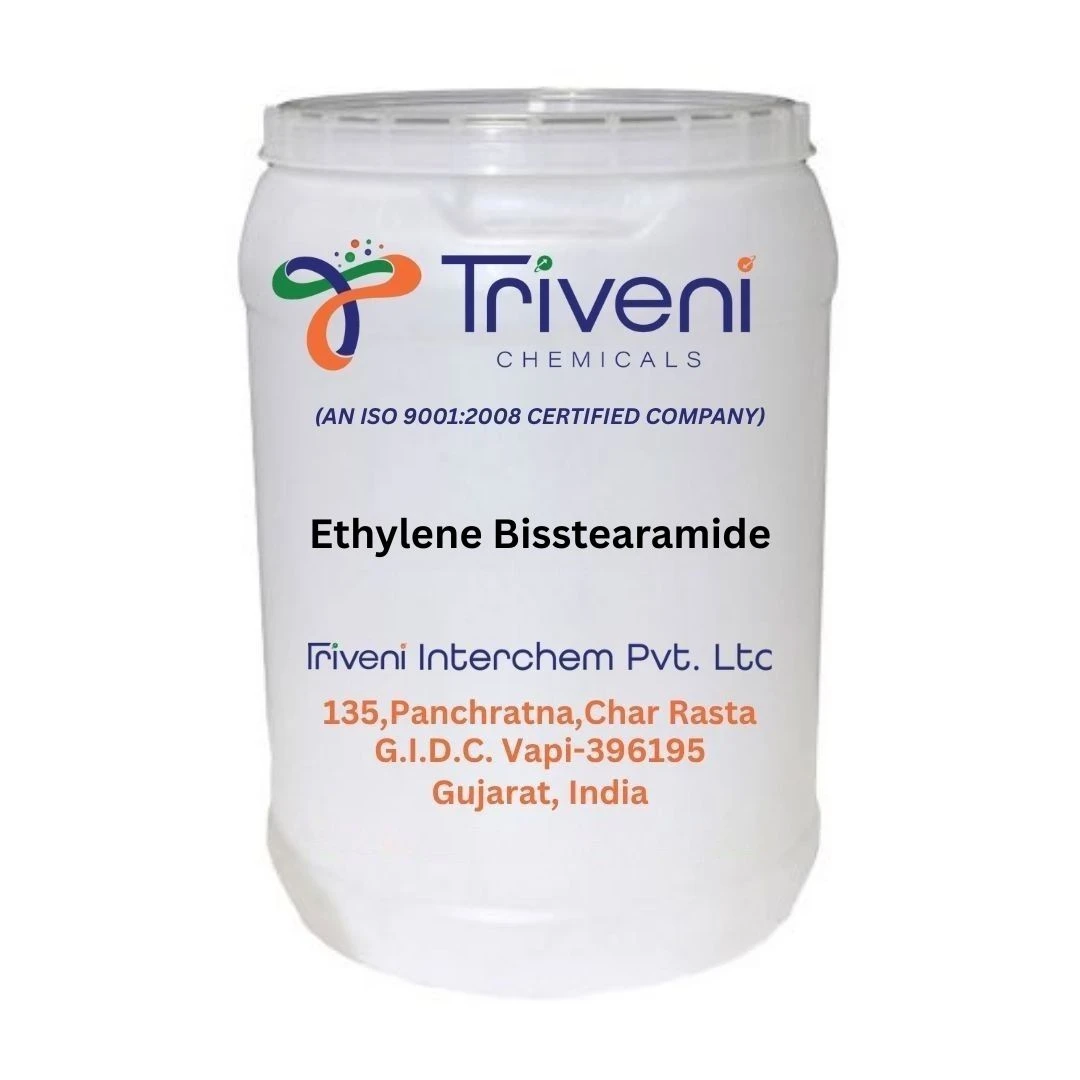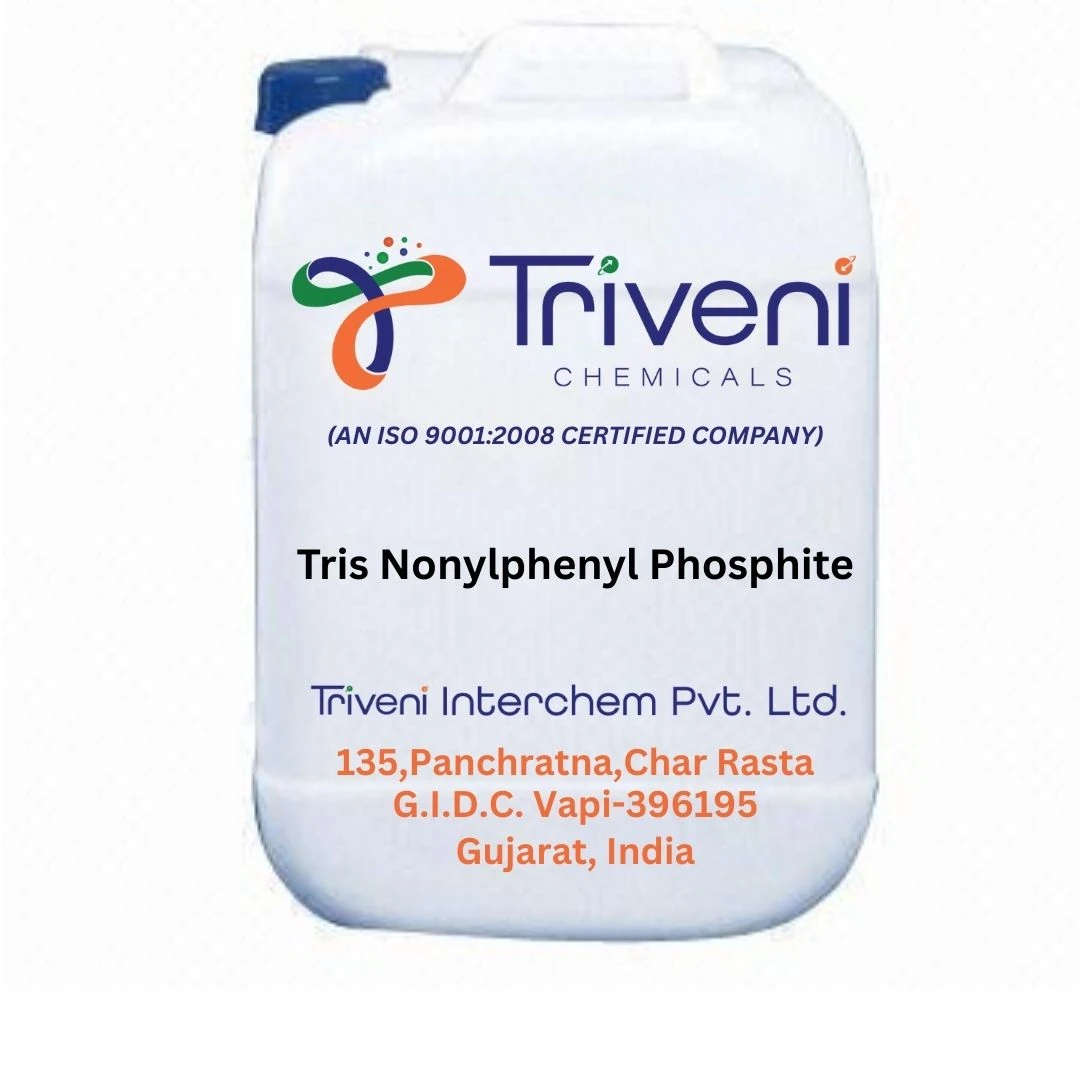In a variety of industrial applications, polymer additives are essential for improving the performance, robustness, and processability of polymers. These compounds are added to polymers as additives to accomplish particular intended results during processing or end-use. They are crucial for adjusting the characteristics of polymers to satisfy various application needs...
In a variety of industrial applications, polymer additives are essential for improving the performance, robustness, and processability of polymers. These compounds are added to polymers as additives to accomplish particular intended results during processing or end-use. They are crucial for adjusting the characteristics of polymers to satisfy various application needs. This is a thorough examination of the different kinds, uses, and importance of polymer additives.Polymer Additives Types:Stabilizers: These are additives that stop polymers from breaking down when exposed to heat, light, or oxygen. Thermal stabilizers, antioxidants, and UV stabilizers are a few examples.Plasticizers: These additions lower the glass transition temperature of polymers, increasing their workability and flexibility. Trimellitates, adipates, and phthalates are examples of common plasticizers. Fillers: To increase stiffness, strength, and dimensional stability while cutting costs, additives like talc, calcium carbonate, and glass fibers are utilized.Flame Retardants: By preventing or delaying the combustion of polymers, these additives increase fire safety. Phosphates, intumescent additives, and halogenated chemicals are a few examples.Colorants: Dye and pigments give polymers color for aesthetic purposes or to prevent UV rays.Modifiers: Nucleating agents, lubricants, and anti-static agents are examples of additives that alter the conductivity, melt viscosity, or surface characteristics.Polymer Additives' Purposes Enhanced Performance: Polymers are more appropriate for a variety of applications when additives are used to improve mechanical qualities like strength, toughness, and elasticity.Durability: By shielding polymers from environmental deterioration, stabilizers and antioxidants increase the longevity of polymers. Processability: Lubricants and plasticizers enhance the flow of polymers during processing, making molding, extrusion, and shaping simpler.Cost-Effectiveness: By lowering material prices and improving mechanical qualities, fillers make polymers more cost-effective for large-scale manufacturing.Safety: By improving fire resistance and weatherability, flame retardants and stabilizers guarantee that polymers adhere to safety regulations.Relevance of Additives for Polymers:The capacity of polymer additives to customize the properties of polymers to meet specific requirements makes them essential in today's business. For example, additives in automotive applications reduce weight and increase fuel efficiency by optimizing polymer performance. Additives improve the weather resistance and longevity of materials used in building. They prolong shelf life and guarantee food safety in packaging. To sum up, polymer additives are essential for maximizing the robustness, processability, and performance of polymers in a variety of sectors. The need for creative additives will increase in tandem with technology breakthroughs, leading to even more advancements in polymer materials and applications.




